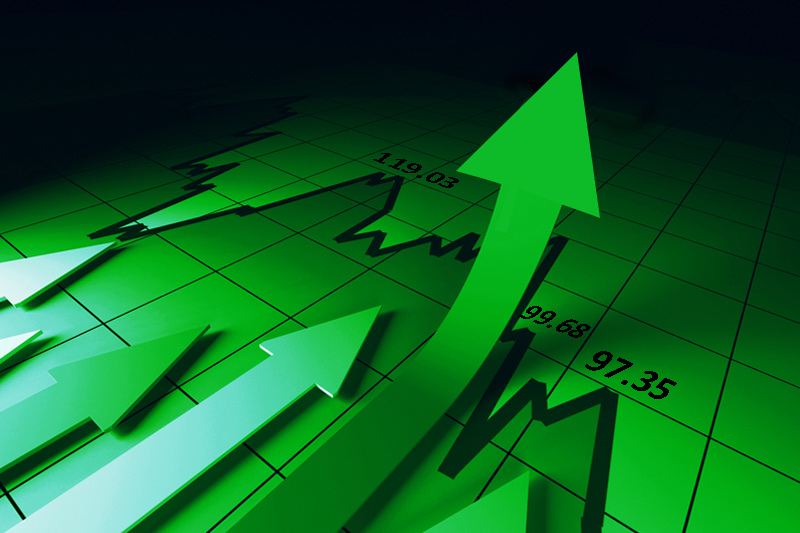Investing.com - The Australian dollar was up against its U.S. counterpart on Monday, rising to a six-week high as sustained hopes of an imminent solution to the debt crisis in the euro zone supported demand for riskier assets.
AUD/USD hit 1.0425 during late Asian trade, the pair's highest since September 12; the pair subsequently consolidated at 1.0388, gaining 0.12%.
The pair was likely to find support at 1.0202, the high of October 21 and resistance at 1.0512, the high of August 25.
European leaders met in Brussels over the weekend, taking their first steps toward a new plan to stem the region's deepening debt crisis. The plan includes measures to recapitalize European lenders, to restructure Greece's sovereign debt and to boost the powers of the euro zone's bailout fund, the European Financial Stability Facility.
At the end of discussions on Sunday, EU leaders seemed closer to an agreement on bank recapitalization and the enhancement of the EFSF, but remained divided over Greece.
Elsewhere, official data showed that Australia's producer price inflation was lower-than-expected in the third quarter, ticking down to 0.6% after a reading at 0.8% the previous quarter. Analysts had expected producer price inflation to remain unchanged in the third quarter.
The data added to speculation that the Reserve Bank of Australia could cut interest rates at its policy-setting meeting on Tuesday.
The Aussie was also higher against the euro with EUR/AUD shedding 0.26%, to hit 1.3360.
Later in the day, U.S. Federal Open Market Committee member William Dudley was due to speak.
AUD/USD hit 1.0425 during late Asian trade, the pair's highest since September 12; the pair subsequently consolidated at 1.0388, gaining 0.12%.
The pair was likely to find support at 1.0202, the high of October 21 and resistance at 1.0512, the high of August 25.
European leaders met in Brussels over the weekend, taking their first steps toward a new plan to stem the region's deepening debt crisis. The plan includes measures to recapitalize European lenders, to restructure Greece's sovereign debt and to boost the powers of the euro zone's bailout fund, the European Financial Stability Facility.
At the end of discussions on Sunday, EU leaders seemed closer to an agreement on bank recapitalization and the enhancement of the EFSF, but remained divided over Greece.
Elsewhere, official data showed that Australia's producer price inflation was lower-than-expected in the third quarter, ticking down to 0.6% after a reading at 0.8% the previous quarter. Analysts had expected producer price inflation to remain unchanged in the third quarter.
The data added to speculation that the Reserve Bank of Australia could cut interest rates at its policy-setting meeting on Tuesday.
The Aussie was also higher against the euro with EUR/AUD shedding 0.26%, to hit 1.3360.
Later in the day, U.S. Federal Open Market Committee member William Dudley was due to speak.
